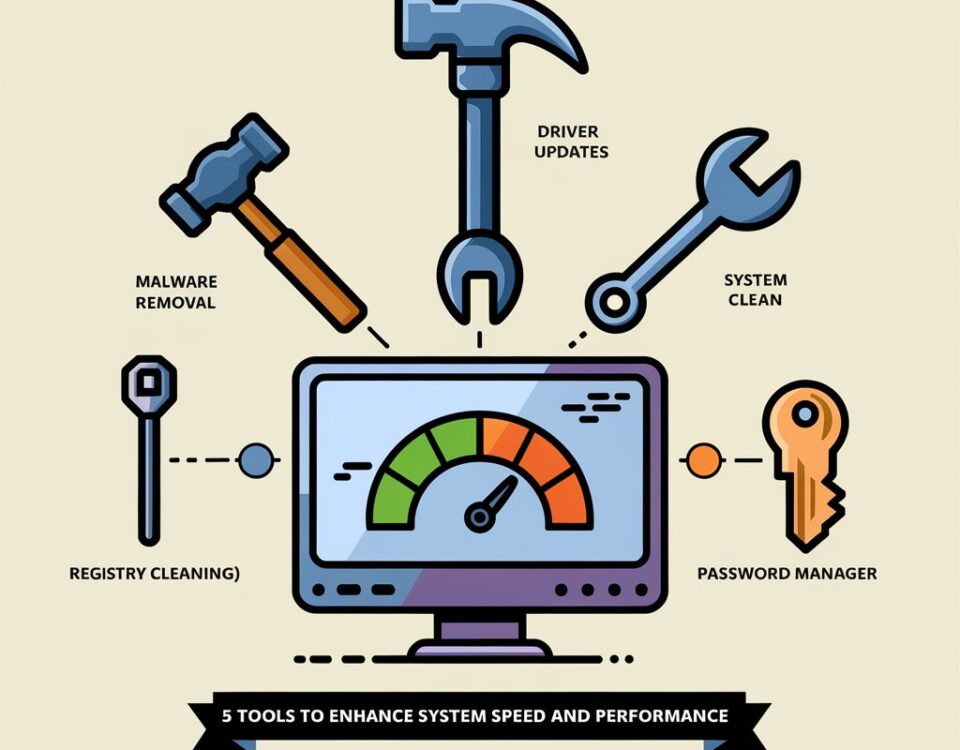
How Cloud Storage Simplifies Data Management
June 26, 2024
The Importance of Cybersecurity in Daily Internet Use
June 27, 2024Voice Assistants: Transforming our interaction with Technology
Voice assistants have revolutionized technology interaction, becoming integral to daily tasks. Their impact spans across devices and applications, reshaping how we interact with technology. From smart speakers to smartphones, voice assistants are changing the way we access information, manage tasks, and control our environments. This article explores the transformative role of voice assistants in modern technology.

Integration into Smart Devices
Voice assistants are transforming technology that seamlessly integrated into various smart devices. They can control smart home appliances, adjust settings, and provide real-time information. This integration enhances convenience and efficiency in daily routines.
Natural Language Processing
Advancements in natural language processing enable voice assistants to understand and respond to complex commands. They can interpret context, learn preferences, and adapt responses based on user interactions. This makes interactions more intuitive and personalized.
Accessibility and Inclusivity
Voice assistants improve accessibility for users with disabilities. They offer hands-free operation, enabling users to perform tasks without physical interaction. Voice commands provide independence and access to information for all users.
Expansion in Business Applications
Businesses are increasingly adopting voice assistants for customer service and operations. Voice-enabled applications streamline processes, automate tasks, and enhance productivity. Voice technology offers new avenues for innovation and customer engagement.
Educational and Learning Tools
Voice assistants are utilized in educational settings to aid learning and skill development. They provide interactive lessons, answer questions, and assist with research. Voice technology enhances accessibility to educational resources for students of all ages.
Privacy and Security Considerations
As voice assistants handle personal data, privacy and security are critical concerns. Manufacturers implement encryption, data protection measures, and user consent protocols to safeguard information. Users are encouraged to review settings and permissions for optimal security.
Cultural and Language Adaptability
Voice assistants support multiple languages and dialects, catering to diverse global audiences. They adapt pronunciation, accents, and regional variations to enhance user experience. Cultural awareness ensures inclusivity and usability across different regions.
Future Trends and Innovations
The future of voice assistants promises continued advancements. Predictive AI, enhanced natural language understanding, and integration with augmented reality are anticipated trends. Voice technology will further integrate into daily life, offering more personalized and immersive experiences.
Impact on Personalization
Voice assistants enable personalized experiences through user profiles and preferences. They offer tailored recommendations, reminders, and updates based on individual behaviors and interactions. Personalization enhances user satisfaction and engagement.
Conclusion
Voice assistants are transforming technology interaction, offering convenience, accessibility, and efficiency across various domains. Whether integrated into smart devices, business applications, or educational tools, voice technology enhances daily tasks and user experiences. Embrace the evolution of voice assistants to leverage their transformative potential in shaping the future of technology interaction.




